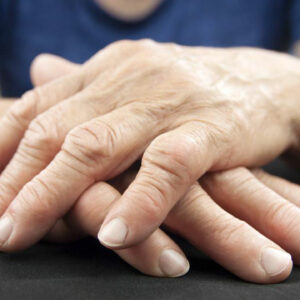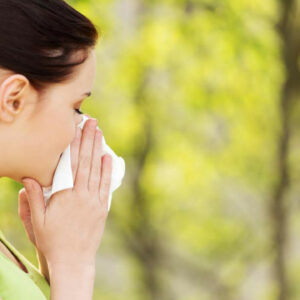
01
Rheumatoid Arthritis – Symptoms, Causes, and Remedies
Rheumatoid arthritis is a condition wherein a person experiences chronic inflammation in the joints. This autoimmune disease is caused when the immune system that protects the body from bacteria and viruses begins attacking the joints. The inflamed tissues cause the inside of the joints to thicken, thereby leading to severe pain. It can also cause bone erosion and joint deformity in the long run. The most commonly affected joints include the hands, elbows, ankles, and wrists. If the inflammation goes unnoticed, the condition can affect other body systems and cause severe physical disabilities. The cardiovascular and respiratory systems are usually affected. Rheumatoid arthritis disorder begins with minor signs that occur every once in a while; however, with each passing week and month, the symptoms progress and become more severe. The symptoms that one individual experiences may not be the same as another. Moreover, the signs tend to differ with each passing day. Here are rheumatoid arthritis symptoms that one may experience: Joint stiffness – Stiffness in the joints is one of the most common rheumatoid arthritis symptoms that people experience. This stiffness is often felt in the smaller joints, especially in the initial weeks. It begins with the hands and moves to the lower parts of the body, increasing rapidly over the course of two to three days. This stiffness can occur at any time, irrespective of whether one is walking down the street or wakes up from a nap. Pain in the joints – When the joints begin to feel stiff, the same is followed by pain in the joints during an activity or even while resting. This is also one of the most common rheumatoid arthritis symptoms. Most commonly, pain may occur in the fingers and knees. However, the pain may become severe and continue to grow in the shoulders and feet.
Read More 










